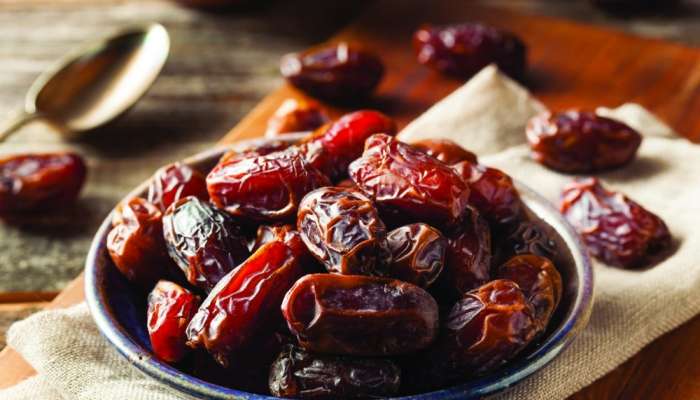
Eating a handful of sweet and succulent dates is synonymous with Oman's culture and heritage. Oman is known for its unique hospitality and it is common for visitors to be invited for Omani coffee and dates when travelling through the country. Be it any household or an office, guests are welcomed with home-grown dates and traditionally brewed drinks called ‘Kahwa.
One can find many date palm fields across many governorates in the Sultanate and farmers grow more than 250 indigenous varieties of dates. Khalas, Khunaizi, and Fargh are some of the best dates grown in Oman. While Al Khalas is believed to be of the best quality, other varieties like Nagal, Ash Patash, Bunaranja, Mmajdool, Hilali al Hassa, Barni, and Mathloob are quite in demand.
Though it is grown in almost most parts of Oman, Nizwa and Suwaiq are the main centres of date farming.
Other notable places from where dates are brought are Sumail, Bidbid, Dima wa’ Tayeen, Ibra, Samad A’Shan, and Al Rowdha.
Known for their nutritional value and health benefits, it is rich in fibre, iron, calcium, and lots of other vitamins and minerals as well they are used in many forms ... from half-ripe to fully ripe and even as date syrup.
The number of palm trees in the Sultanate, according to the latest statistics published by the Ministry of Agriculture and Fisheries, reached 7.6 million palm trees in agricultural areas, in addition to 800,000 palm trees in home gardens, about 200,000 in streets and public parks, and 600,000 palm trees within the project of one million palm trees.